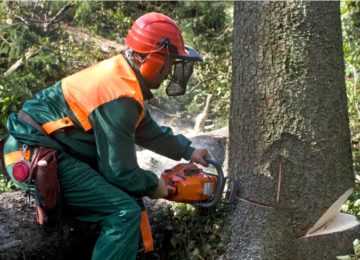Do you ever wonder how air conditioning works? It’s a complex process, but it doesn’t have to be confusing. In this article, we’ll break down the basics of air conditioning and explain how it keeps us cool in hot weather. Air conditioning works by using refrigerants to absorb heat and humidity from the air.
The refrigerant is then cooled in a compressor before being sent back through your home or office’s ventilation system. As it passes through, the air is cooled and dehumidified. This process creates a pleasant environment that keeps us comfortable when temperatures start to rise.
For checking Air Conditioning Kent, please click on the link.
By understanding how air conditioning works, you can better appreciate the convenience and comfort it provides during hot weather. Now that you know more about its mechanics, you’ll be able to enjoy cool breezes all summer long! Air conditioning is essential in areas where the temperatures are hot, especially during summer.
It helps us beat the heat and can be a lifesaver when temperatures reach dangerous levels. On top of that, it also keeps our homes or offices free from excessive humidity. Not only does this make for a more comfortable atmosphere, but it’s better for your health as well!
At the end of the day, air conditioning is a great way to stay cool while enjoying all of the perks of warm weather without getting overheated. With an understanding of how air conditioning works, you’ll be able to take full advantage of its benefits all season long! When it’s hot outside, air conditioning is the perfect way to cool off.
It helps us keep our homes and offices comfortable by removing heat from the air and reducing humidity. With a functioning air conditioner, we can avoid feeling sticky and uncomfortable during the summer months. Not only does this make for a more pleasant atmosphere, but it also promotes good health since it gets rid of pollutants in the air. Additionally, it prevents furniture, electronics, and other materials from getting damaged due to extreme temperatures.










